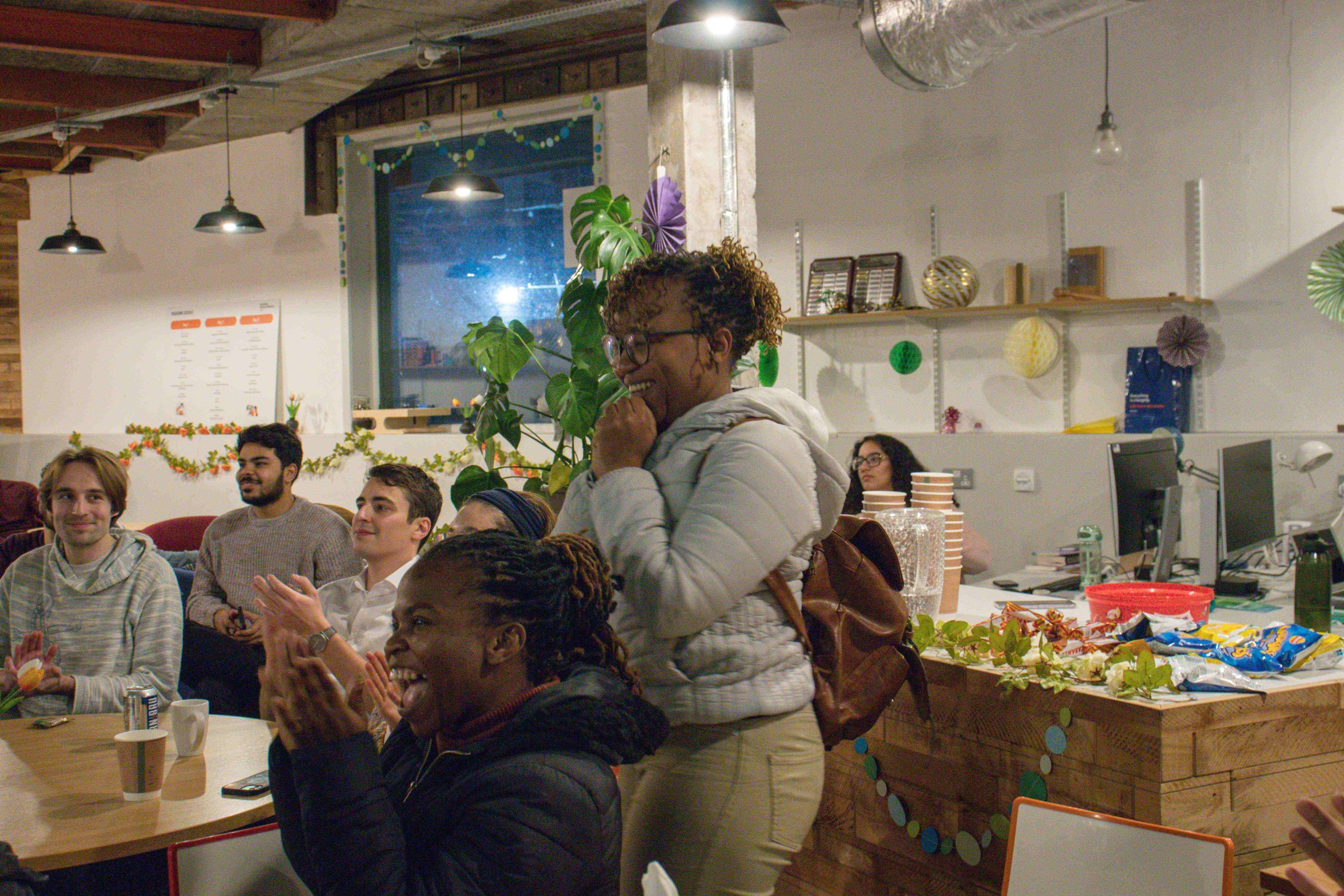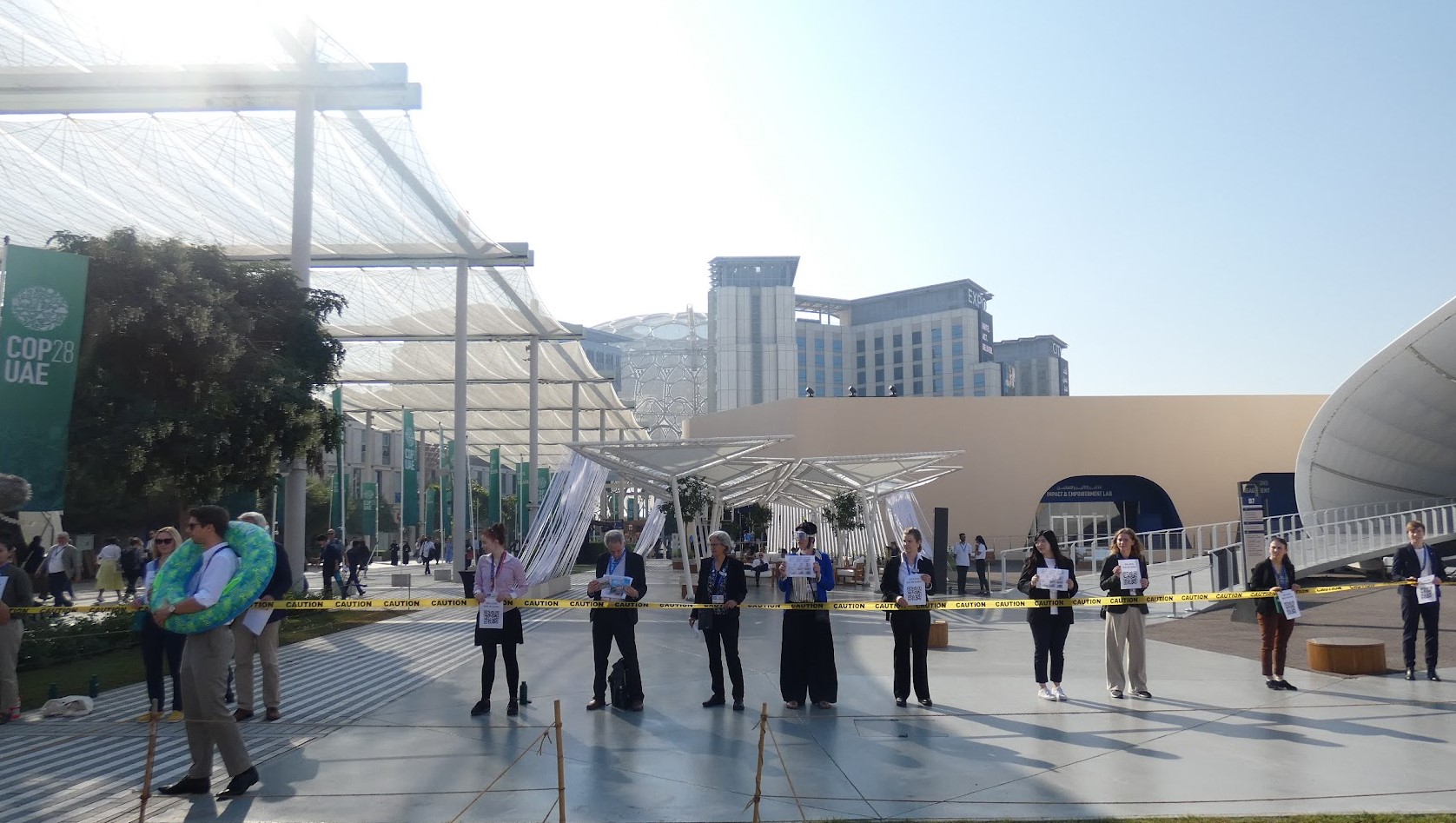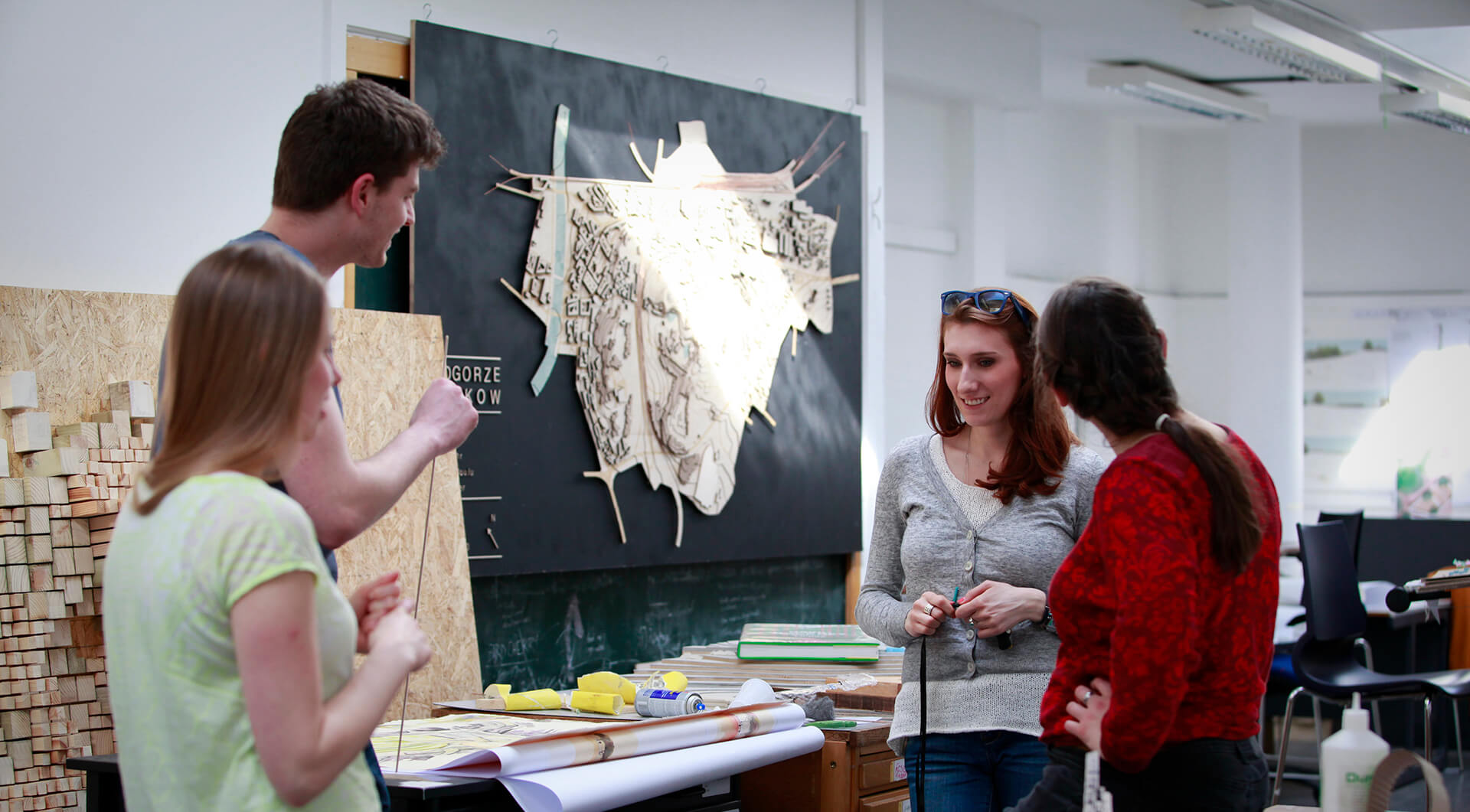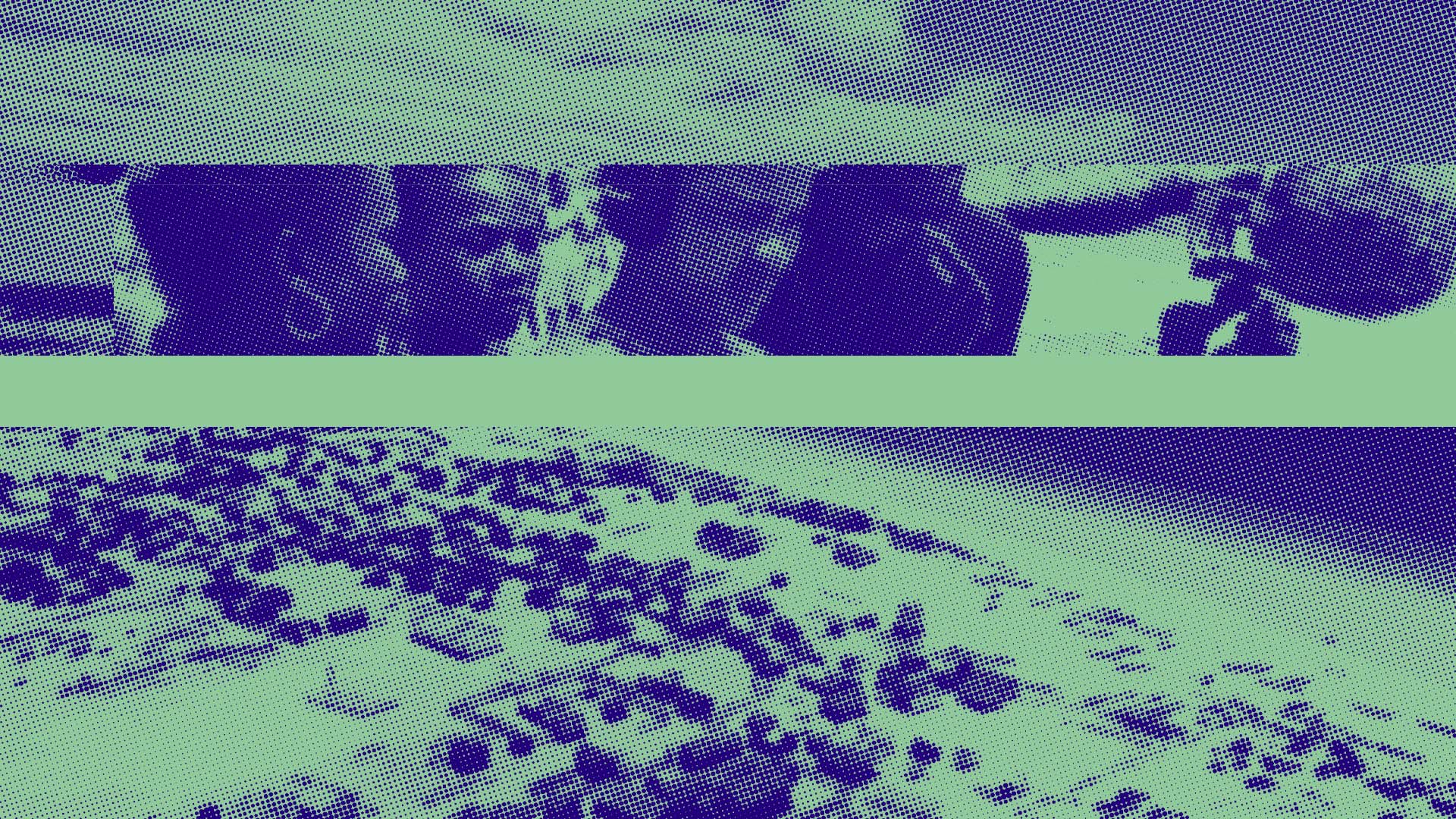Edinburgh Earth Initiative’s Administration and Communications Officer, Izi Robe, was named as one of the 2022—23 Changemaker Award recipients by The University of Edinburgh’s Department of Social Responsibility and Sustainability.
The awards recognise inspirational staff and student Changemakers that have made a positive impact through their socially responsible and sustainable projects and by encouraging others. Here we hear from Izi about her role at Edinburgh Earth Initiative, winning the award, her passion for climate activism, and more…
What does it mean to you, personally and professionally, to have been recognised with the Changemaker Award?
Izi: ‘The Changemaker programme is something I have always been aware of. I think it is a great initiative by The University of Edinburgh, and it is not something that higher educational institutions do. Being nominated, and then winning the award, are both proud moments for me. I am very happy that people across the University recognise this award as a badge of honour, as a mark of people doing great work, without reducing it to being tokenistic. What brings me even greater joy is knowing that one of my colleagues went above and beyond to nominate me, to do which they have engaged with my work and ideas on a meaningful level.’
What elements of your work does the Changemaker Award recognise?
Izi: ‘My nomination covered many key projects I have worked on, both within the University and outside it. At the Edinburgh Earth Initiative, I have been closely involved with the Earth Fellows Programme in the capacity of a support role, helping them out with their projects. I also assisted the Commonwealth Clean Air Fellows during their stint in Edinburgh by arranging accommodation and travel for them. Outside of the University, I have been mentoring students interested in social action and climate and sustainability careers as a part of the ChangeLab programme run by the University of Sheffield. I applied and got placed on the 2023 cohort of the 2050 Climate Group Young Leaders Development Programme, where you get allocated to a group, and the goal is to deliver a project before the end of the Programme. I had been sitting on an idea for quite some time, and together with my group, we were able to organise a Craftivism workshop – we invited members of the public, young and old, to create their visions of a green and sustainable Edinburgh on a postcard using craft materials. They talked about transport, biodiversity, green spaces, social inclusion, and so much more. At the back of the postcard, they wrote a message for their local councillor or MP, and we helped by supplying them with the necessary information. Many who attended later expressed their desire to run similar workshops, and we ended up sharing our resources to keep the initiative going.’
How did you manage to do so much in so little time?
Izi: ‘I think having a team really helps, it is always useful to delegate tasks. In addition, I think I draw a lot of energy and experience from the volunteering experiences and opportunities I have had – I have enjoyed them very much. However, I think it is important to recognise when to take breaks, because the biggest risk in climate activism is burnout. Yes, all these activities give me energy and inspiration, help me develop new skills, meet new people across the city, but I also know that there are times when I have had to step away and pick things back up later.’
You studied and trained in Geography. When did you realise that your disciplinary training, passion for social action, and the growing need to address the climate crisis could be brought together in an impactful way?
Izi: ‘Over time, I became interested in the systems that we operate in, that have directly created the climate crisis, and how it manifests in the way we interact with the world. I always look at the world as a geographer, and the sense of place is at the forefront to me. While my view of the world has definitely been shaped by my degree, it was not until my third year that I started making these important connections. For one of my third-year modules, we had to deliver a social media campaign, which entailed getting members of the public to pledge to a pro-environmental behaviour of our choosing. We had to pick a pledge, develop, design, and implement social media content for a month, with the aim of getting people to commit to the pledge. That is when I realised how important climate communication is. I started thinking about specifics like how to get people to have regular conversations around climate in the first place, and then get them to sustain the dialogues. As a geographer, I have observed how people engage with the world, and this training definitely came in handy.’
How do you think we can communicate the climate crisis more responsibly, so that more people feel empowered to become changemakers like you, instead of succumbing to climate anxiety?
Izi: ‘I have good days and bad days. In the past five years or so, my vision has certainly shifted. I used to believe that individuals can certainly make a difference through small, meaningful actions, and communicating that does go a long way. But there is also a systemic dimension to this, as, ultimately, it is the way we live and interact with each other that has caused the climate crisis, and that is a terrifying thought to wrap one’s head around. But what I have learnt is that individual actions are never isolated, they always encourage others around you to act. I also think this is a very political issue. Politicians should listen to the people they represent. If they see that there is a shift in public feeling towards environmental issues, how we consume goods, and so on, that is where individual actions and behavioural changes contribute towards larger systemic changes as well, the ones we need to make to protect our planet. While we cannot completely undo the damages we have inflicted, we can still unite to ensure that the planet remains a place for us and our future generations to thrive on.’
Useful Links







